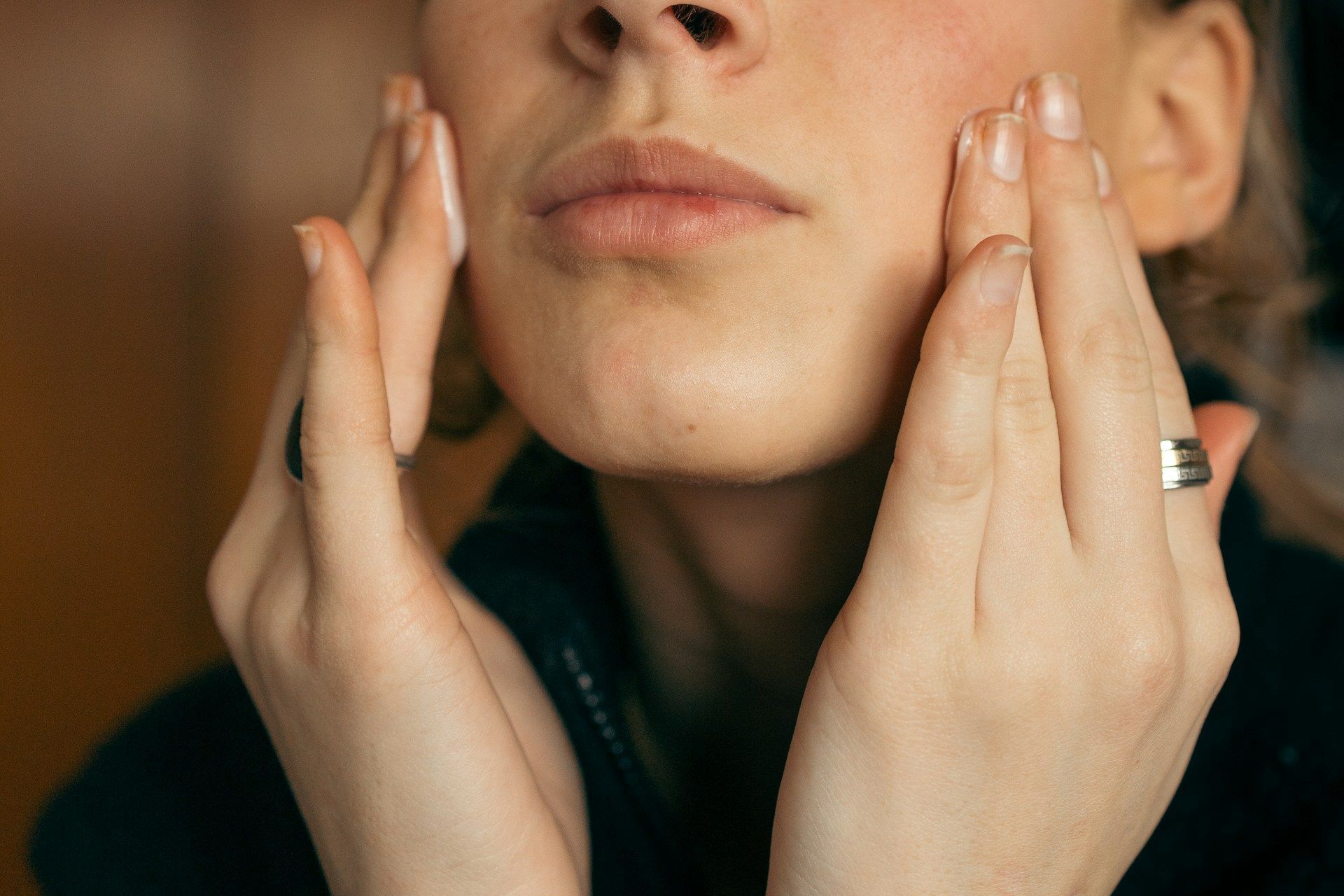Sleep Apnea Diet Tips: Foods, Meal Planning, Hydration

Eating the right foods can make a significant difference when managing sleep apnea. At CSAT Meridian—The Center for Sleep Apnea and TMJ—we know how crucial proper nutrition is for our patients in Meridian. From selecting the best foods to meal planning and hydration, every choice can help improve sleep quality. Dr. Cameron Kuehne emphasizes that what we eat impacts our overall health and ability to breathe well at night.
This approach isn't about drastic changes. Simple adjustments in diet can lead to better sleep and fewer sleep apnea symptoms. Choosing foods that support good health while avoiding those that might make symptoms worse can help manage this condition more effectively. By understanding the relationship between diet and sleep apnea, we can make informed decisions that contribute to a restful night's sleep.
Foods to Avoid If You Have Sleep Apnea
When managing sleep apnea, it's important to pay attention to the foods you eat. Certain foods can make sleep apnea symptoms worse. For example, high-fat dairy products like cheese and whole milk can increase mucus production, which can block airways and make snoring and breathing issues worse. Similarly, foods that are greasy or fried can cause inflammation in the body, making it harder for air to flow freely through your throat and nose.
Processed foods and sugar-loaded snacks should also be avoided. These foods can lead to weight gain, which is a major risk factor for sleep apnea. Foods high in refined sugar can cause spikes and dips in blood sugar levels, affecting your sleep patterns. Reducing your intake of these types of foods can help you manage your symptoms more effectively and improve your overall health.
Healthy Foods That Promote Better Sleep
Eating the right foods can make a big difference in managing sleep apnea. Incorporating more fruits and vegetables into your diet helps to maintain a healthy weight and reduce inflammation in the body. For example, leafy greens like spinach and kale are rich in vitamins that support respiratory health. Berries are another great choice, as they are packed with antioxidants.
Whole grains such as oatmeal, brown rice, and whole wheat bread are also beneficial. They help keep you full longer and provide energy without causing spikes in blood sugar levels. Lean proteins like chicken, fish, and plant-based options like beans and lentils support muscle health and weight management. By including these foods in your daily diet, you can create a foundation for better sleep and overall well-being.
Simple Meal Planning Tips for Sleep Apnea
Planning your meals can make it easier to stick to a healthy diet and manage sleep apnea. Start by creating a weekly meal plan that includes a variety of nutrient-dense foods. Incorporate fresh fruits and vegetables into every meal, and choose lean proteins and whole grains to keep you full and energized throughout the day.
One helpful tip is to prepare meals in advance. Cook large batches of healthy dishes on weekends and store them in portion-sized containers. This way, you always have a nutritious meal ready, which can help you avoid unhealthy food choices during busy days. Drink plenty of water and aim to have your last meal a few hours before bedtime to improve your digestion and sleep quality. With a little planning, you can make healthier eating a part of your daily routine.
The Role of Hydration in Managing Sleep Apnea
Hydration plays a vital role in managing sleep apnea. Drinking enough water helps keep your throat and airways moist, making it easier to breathe at night. Dr. Cameron Kuehne advises drinking plenty of water throughout the day to stay hydrated. However, it's essential to be mindful of not drinking too much water right before bed to avoid frequent trips to the bathroom, which can disrupt your sleep.
Including herbal teas and water-rich fruits and vegetables like cucumbers and watermelon in your diet can also help with hydration. Avoid beverages that can dehydrate you, such as coffee, sugary drinks, and alcohol, especially in the evening. Staying well-hydrated naturally supports better breathing and reduces sleep apnea symptoms, helping you to achieve a more restful night's sleep.
Conclusion
A holistic approach to managing sleep apnea involves understanding various factors that contribute to the condition and making lifestyle changes to address them. By focusing on a healthy diet, regular exercise, proper hydration, and personalized care, you can significantly improve your sleep quality. Dr. Cameron Kuehne's holistic methods are designed to treat the root causes of sleep apnea, providing long-term relief and better health outcomes.
At CSAT Meridian—The Center for Sleep Apnea and TMJ—we are committed to helping you achieve a better night's sleep and a healthier life. If you're struggling with sleep apnea or snoring, don't hesitate to reach out. Contact us today to schedule a consultation and start your journey towards restful nights and energetic days. Let our
sleep apnea doctor in Boise help you breathe easier and sleep better at CSAT Meridian—The Center For Sleep Apnea and TMJ.










